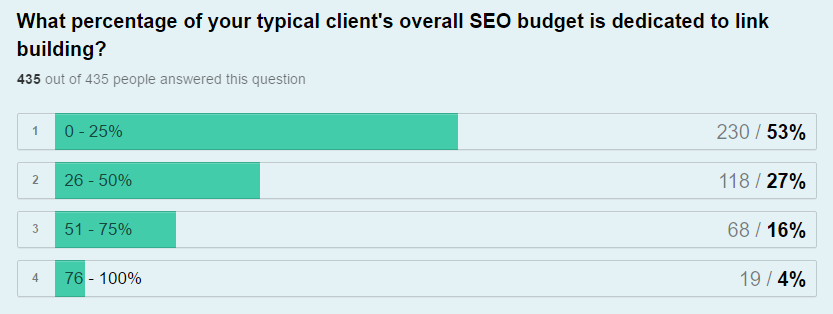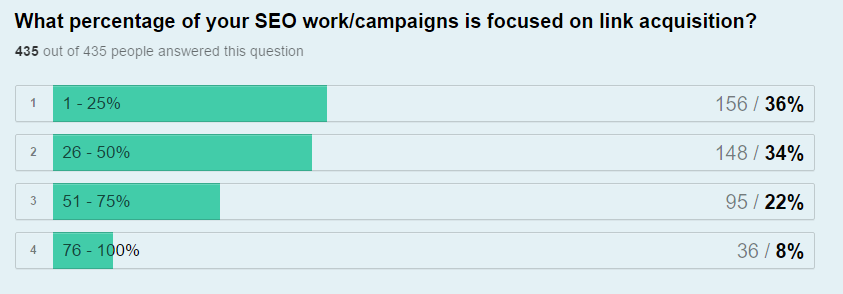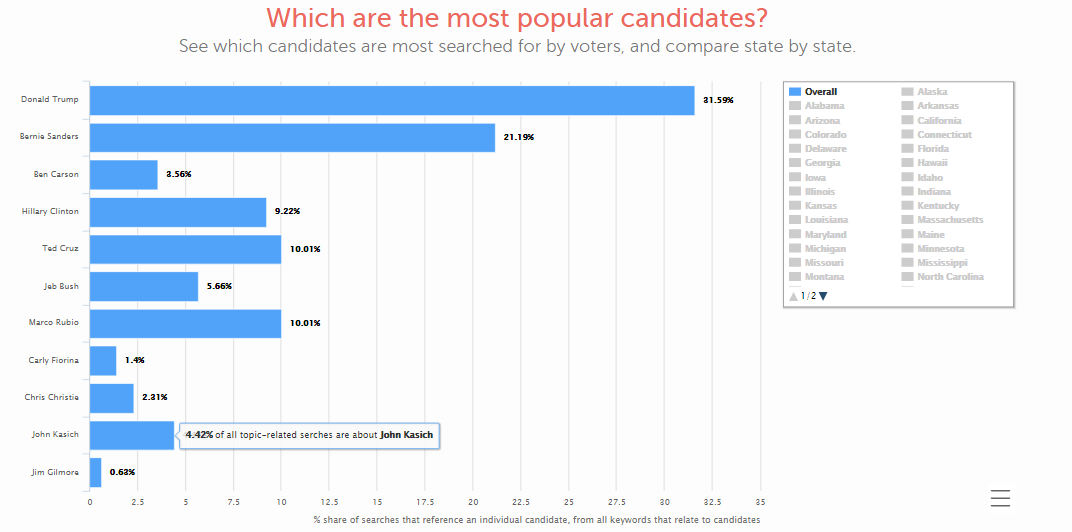Welcome to our weekly round-up of all the latest news and research from around the world of search marketing and beyond.
This week we have information on Google opening up even more about its ranking signals, which would be great news IF it was even a search engine anymore. Tut!
Google reveals a new ranking signal for local search
As I reported earlier this week when I asked the question How does Google determine my local ranking?, Google has updated its Google My Business help page with an additional pointer to how it ranks your business beyond relevance and distance… prominence.
“Some places are more prominent in the offline world, and search results try to reflect this in local ranking. For example, famous museums, landmark hotels, or well-known store brands that are familiar to many people are also likely to be prominent in local search results.
Prominence is also based on information that Google has about a business from across the web (like links, articles, and directories). Google review count and score are factored into local search ranking: more reviews and positive ratings will probably improve a business’s local ranking.
Your position in web results is also a factor, so SEO best practices also apply to local search optimization.”
Basically, all of the everyday SEO practices that you use to improve your visibility, whether on-page or off, apply to local.
Google isn’t a ‘search engine’ rules the EU
As reported by Rebecca Sentance this week, the EU has defined what a search engine actually is, and it isn’t necessarily Google.
The definition is now as follows:
“‘Online search engine’ is a digital service that allows users to perform searches of in principle all websites in a particular language, on the basis of a query on any subject in the form of a keyword, phrase or other input; and returns links in which information related to the requested content can be found.”
As Google doesn’t index all websites (partly due to, ironically, the EU’s own ‘right to be forgotten’ ruling) it isn’t strictly a search engine.
Will this ultimately matter? That depends if you still refer to all vacuum cleaners as Hoovers and sticky tape as Sellotape. So, uh… no.
Time spent building links is greater than SEO budget allocation
Cory Collins, Nicholas Chimonas of Page One Power and John Doherty of Credo teamed up to create the 2016 Link Building Survey, which was published on Moz on this week.
We’ve covered its key takeaways here, but perhaps its most important insight is how much time SEOs spend on link-building vs the budget available.
What percentage of your typical client’s overall SEO budget is dedicated to link building?

What percent of your SEO work/campaigns is focused on link acquisition?

Respondents reported more time was spent on link acquisition than the budget allocations suggest.
Cory Collins reports:
“SEOs are either working for less when building links, or using budget from other activities to cover time spent building links. This disparity, in my opinion, goes back to the charging-for-links conundrum. Links are a core responsibility for SEOs and portion of our job, but clients aren’t overeager to spend budget for links.”
This week in US election search news
Linkdex released its United States of Search report this week, revealing that… surprise, surprise… Donald Trump is the most searched candidate among all states, occupying 31.59% of all the searches. Bernie Sanders was second with 21.19%.
On a country-wide level, the most searched topics are: education (20.33%), religion (13.46%), foreign policy (11.81%) and gun control (8.58%).
For much more on the subject, here’s Tereza Litsa talking about how organic search might influence the US presidential race.
Reddit now has a mobile app
Probably the most surprising thing about this is the fact that Reddit has only this week released its first ever app.
It’s really nice to use too and looks a damn site more user friendly than the web version, so this should encourage people onboard who have struggled to get to grips with its interface.

For ideas on how to use Reddit for inspiration, check out how to use Reddit for content ideas.
The article Five of the most interesting SEM news stories of the week was first seen from https://searchenginewatch.com

No comments:
Post a Comment